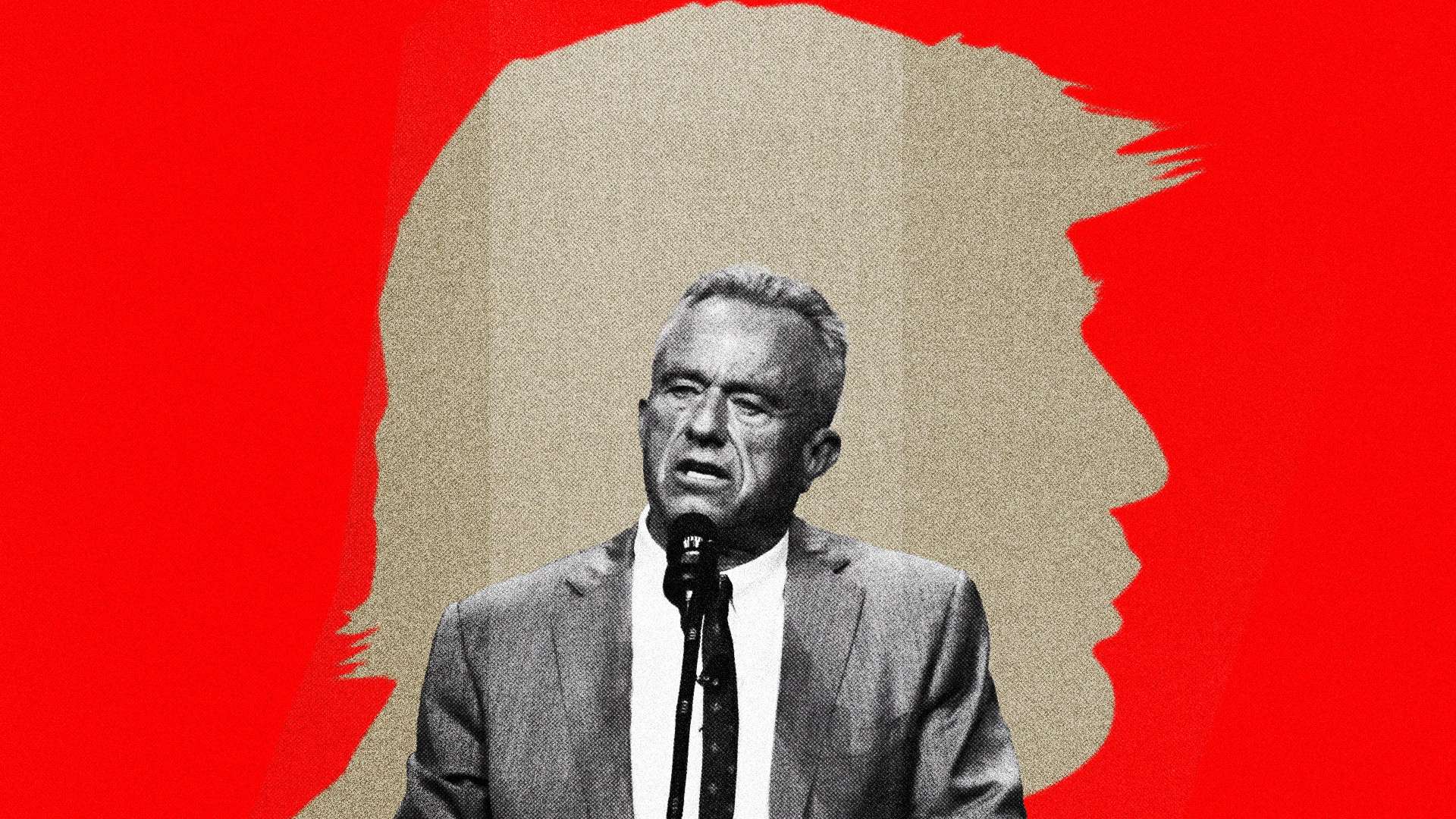RFK Jr. Isn’t Necessary for a Healthier America
The “crunchy” community—comprised of individuals who prioritize health, natural products, and non-mainstream lifestyles—has a long-standing tradition of skepticism toward government authority. This group includes a diverse range of voices, such as health-conscious individuals who advocate for unprocessed foods, mothers wary of vaccines, and those who champion natural remedies and organic products. Central to this community is a shared belief in personal responsibility and empowerment through informed decision-making. However, with the emergence of figures like Robert F. Kennedy Jr. and his Make America Healthy Again (MAHA) agenda, a significant shift is occurring. Many within this community, who have previously emphasized choice and personal agency, are now advocating for government intervention in health-related decisions, supporting measures that they believe can enhance public health while potentially compromising individual autonomy.
Kennedy’s potential leadership in the Department of Health and Human Services opens possibilities for the federal government to impose regulations on various industries related to health, such as agriculture and pharmaceuticals. Influencers within the crunchy community express enthusiasm for this idea, suggesting that the government could ban harmful substances like GMOs and pesticides, framing these potential regulations as beneficial. For example, Eryn Carroll and Carly Shankman openly support Kennedy’s agenda, envisioning a health system that prioritizes well-being over corporate greed. This shift illustrates a complex relationship between the community’s foundational values of personal accountability and the appeal of governmental decision-making to enforce health standards perceived as necessary for the greater good.
Despite the growing support for federal action, there is a notable segment within the crunchy community that staunchly opposes ceding personal choice to government regulation. Many members insist that individuals should retain the right to make decisions about their health without intrusive governmental mandates. This divergence highlights an inherent tension: While it is valid to recognize that certain products and practices may pose health risks, the solution to mitigate these risks or promote better health does not necessarily lie in restricting choice. Instead, community members argue that individuals should be equipped to make informed decisions based on their unique circumstances and preferences, underscoring the importance of personal agency in health matters.
The author recounts their own experiences within this community as a “crunchy” individual who minimizes chemical exposure in their daily life. They adopted this lifestyle after grappling with severe health issues, which drove them to seek alternatives and solutions that aligned with their values. With concerns about the safety and impact of chemicals in products, they found solace in the collective knowledge shared by fellow practitioners of natural living. The anecdote illustrates how individual health crises can foster a deep commitment to exploring alternatives and advocating for safer options, prompting individuals to navigate the complex intersection of health, safety, and personal choice.
Concerns about environmental and chemical exposures are not unfounded, as public health advocates and researchers highlight the risks associated with many substances introduced into modern life. The author cites experts, such as Darin Olien, who emphasizes the lack of adequate testing for numerous chemicals, reinforcing the necessity of questioning their safety. Furthermore, they reference organizations like the Environmental Working Group, which provide tools for individuals to assess their local water quality and scrutinize contaminants. This ongoing vigilance encourages the community to pursue healthier lifestyles and hold manufacturers accountable, yet the author urges caution against over-reliance on government intervention while maintaining a preference for informed individual choices.
Ultimately, the article posits that health decisions are inherently personal and should reflect individual values and priorities, rather than legislative mandates. Each person’s context is unique, leading to differing preferences in what constitutes a healthy lifestyle. The author calls for a respect for diversity in these choices, where individuals can opt for natural cleaning products or traditional methods based on their judgment. The overarching theme is one of empowerment—encouraging individuals to trust in their decision-making abilities while refraining from imposing their beliefs on others. Rather than looking to government regulation through figures like RFK Jr., the community is better served by continuing to foster informed personal choices and mutual respect within a diverse society.
Share this content:












Post Comment